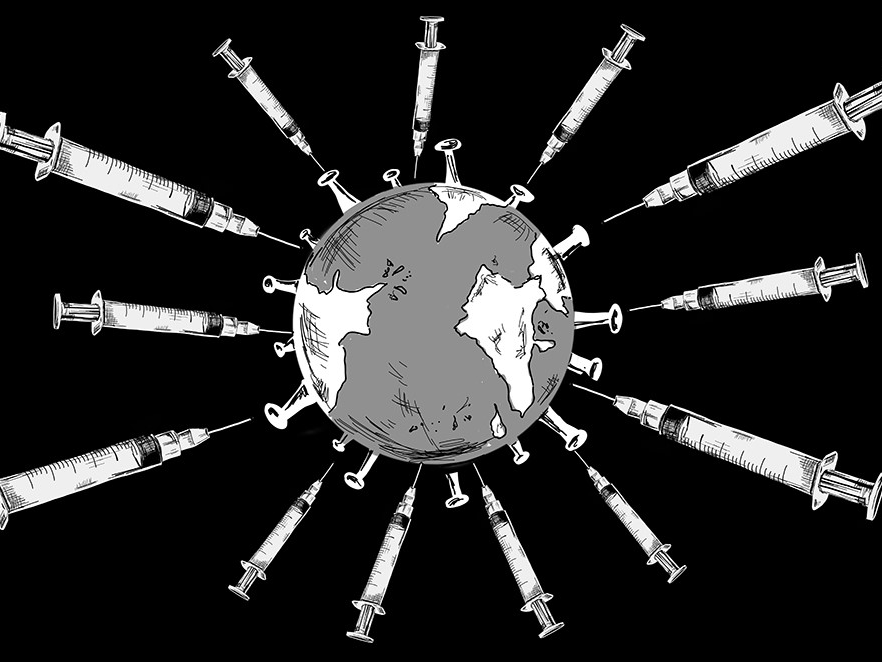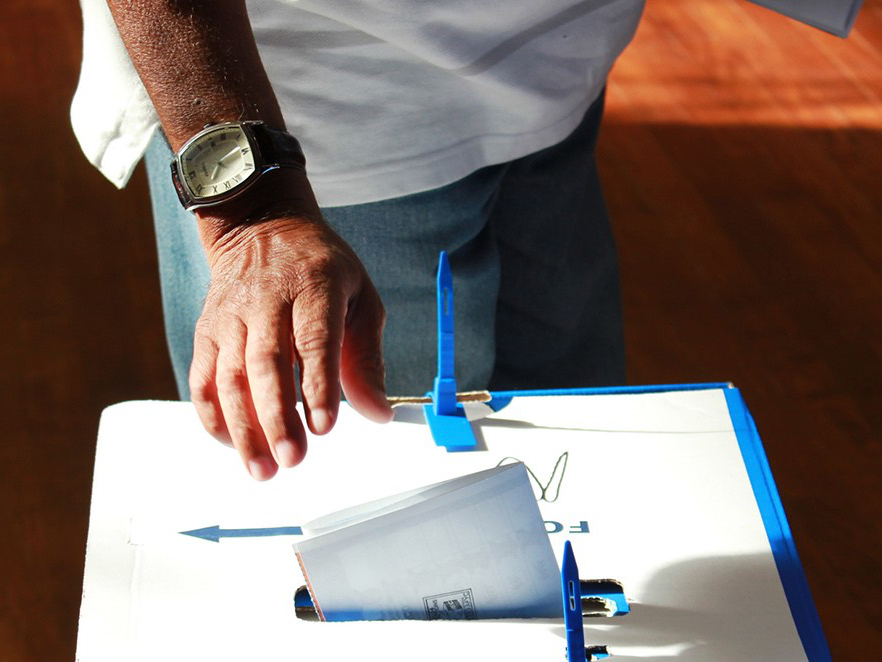A year on from the start of the pandemic and South Africa’s slow vaccination programme has not prohibited Government from re-opening the economy to a minimum level of restrictions.
In late January the drop in new COVID-19 cases signalled the end of the second wave.
Government responded by limiting restrictions to minimal levels in an effort to stimulate the economy and reverse the devastating 1.4 million reported job losses of 2020. In a country with such high unemployment, COVID-19 acceleration of job losses arguably outweighed all else in the Government’s response to the economy.
South Africa’s vaccination program has been extremely slow. A lack of funding, a pivot away from the AstraZeneca vaccine on apparent efficacy concerns to a South African variant, and the slow contracting of other vaccine supplies have meant that by late April less than 1% of the population (initially targeting healthcare workers) have been vaccinated.
This has meant resetting targeted timeframes which now stretch into 2022 before many South Africans will receive a vaccine. With no material signs yet of a third wave and easing of regulatory restrictions, the poor vaccine programme has not yet diminished a path to recovery in the economy with many sectors (with the exception of tourism) opening up.
Performance from Actis’ private equity investments corroborate the surprisingly positive upside in parts of the economy in Q1 2021 against the low confidence in the economy at the end of 2020.
We’re selling more furniture and beds in our in-home furnishings retailer than ever before, a remarkable turnaround when the entire store portfolio was closed in April 2020. Unsurprisingly our most recent digital infrastructure investment in the fibre-to-the-home sector has seen the acceleration of digital access demand through COVID-19.
However the difference in performance between sectors is stark: the tourism sector (which had grown to a larger contributor to GDP than gold mining pre-COVID) has been devastated. Cape Town International airport had only 6% of the international arrivals in the month of February, compared to the year before.
The differences in sector performance will likely continue beyond 2021 when improved vaccine delivery and efficacy to the South African variant are evident.







